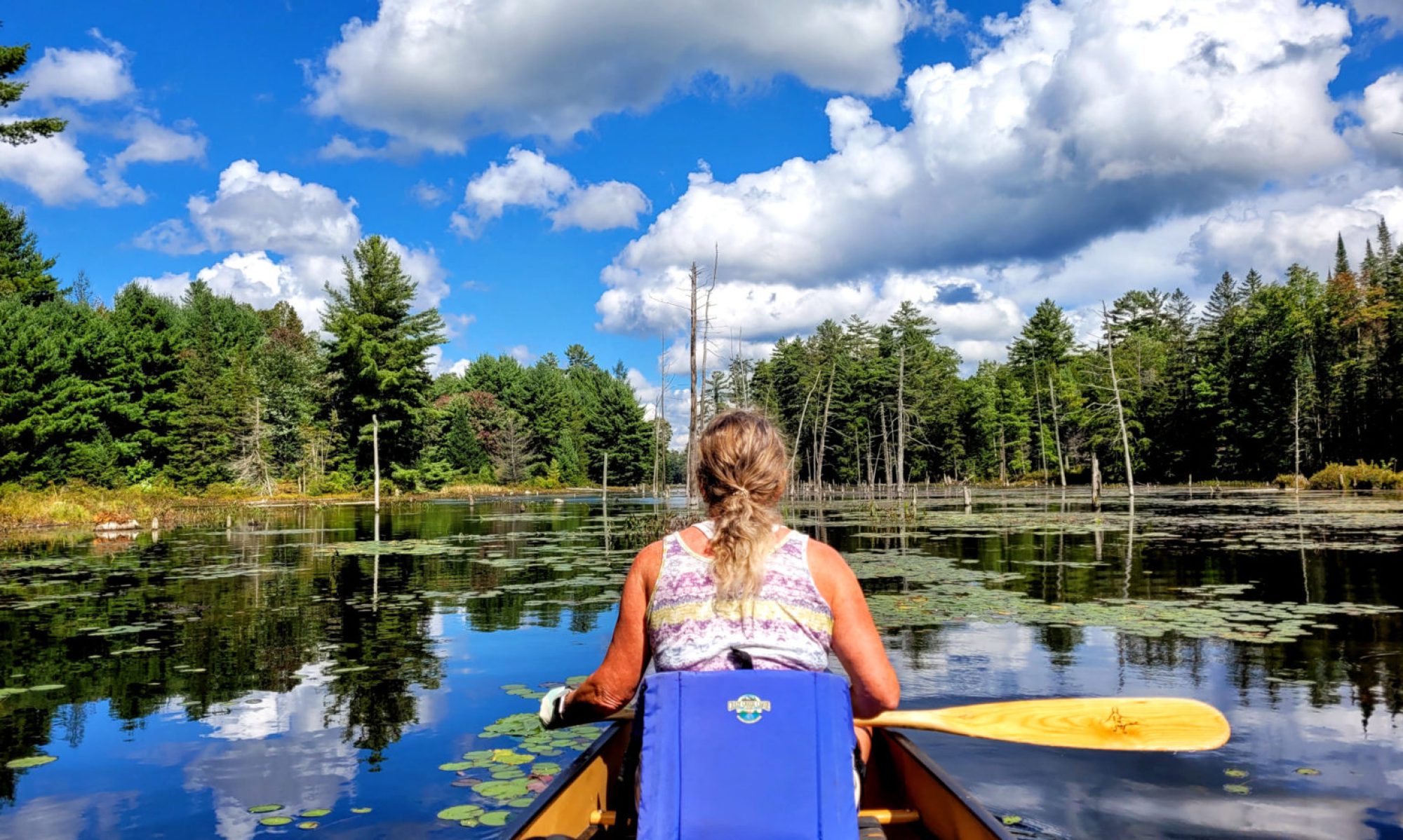
In 2018, two entrepreneurs — Tom McGeveran and Josh Young — approached Columbia Journalism Review editor and publisher Kyle Pope with a proposition. The two had created a web app called Galley a few years earlier as a kind of anti-Twitter, a place where users could have thoughtful discussions with a group of trusted collaborators. Galley looked more or less like a chat app, but its key feature was the “trust” button, which appeared on everyone’s profile. Once you clicked it, you could then start a discussion and either make it wide open, or restrict it to only those users you had explicitly trusted.
The idea was that conversations could be open to anyone, or they could be restricted. The person who started the conversation was in control, and they could choose specific people to be a part of it, or they could restrict it to only those they chose to trust. Unlike the free-for-all that Twitter discussions often became, no one on Galley had the right to enter your conversation if you didn’t want them to. The idea was to get a free flow of information from as many people as possible, but not at the expense of civility or safety.
Tom and Josh suggested that CJR could use Galley for discussions with readers and journalists, as well as trusted members of the broader community? Josh offered to continue running it and handle all of the back-end software operations if we wanted him to, so Kyle and I discussed it and agreed that it seemed like a worthwhile experiment — and I agreed to work with Josh to get it up and running. Kyle wrote something in November of 2018 introducing Galley as a new forum to talk about journalism:
“For years now, we’ve been looking for a way to open up CJR, to invite people in to talk, to debate, to think things through,” he wrote. “It is one of the biggest frustrations of the media moment in which we live: precisely when there is so much in journalism to discuss, the places we can have those conversations seem inadequate. Reader comments sections grew toxic; many outlets did away with them. Email to a generic address seems too impersonal. Facebook is too generic and politically fraught. And Twitter, where most of the journalistic conversation still happens, is a useful but chaotic place, mined with booby traps, jabbing, and outrage—not a forum for nuanced, thoughtful exchange.”
We experimented with a number of approaches to Galley, including starting our own threads or discussions and opening them up to everyone, as well as asking trusted members of the community to start their own threads. I wrote something in February of 2019 about what we were doing:
“We have been doing our best to turn Galley into a place where people—not just journalists, but anyone—can have thoughtful, meaningful discussions with each other on a platform that cares about treating people with trust and respect (in other words, not Twitter). The kinds of topics we are interested in range from hard-core journalistic issues like the death of objectivity or plagiarism in a popular book, all the way to broader discussions about the impact of technology on how we understand the world. And we would also like Galley to be a place where journalists and non-journalists alike can help each other, instead of just talking past each other as is so often the case.”
We didn’t get a lot of uptake from the broader community of social-media users, to be honest — Twitter’s pull was just too powerful, I suppose, in part because it hadn’t been ruined by Elon Musk yet and so users hadn’t started looking for alternatives. But we kept at it, and I think we added some value: Among other things, we had an open Galley thread aimed at those who had been laid off from BuzzFeed, Vice News, HuffPost, Gannett and other media outlets in the wave of cuts that took more than 2,000 jobs.
Then, someone (possibly me) decided to try using Galley for interviews — or what I used to describe as “a podcast but with more typing.” In some cases, it was a one-on-one interview or live chat between myself and one other person; many of those were with experts in a field, like Jonathan Zittrain, Cory Doctorow, Evelyn Douek or Joan Donovan. But I also started doing them in a series around a specific topic, interviewing multiple people at once in a kind of open roundtable, or one at a time over a series of days. There were panels on disinformation, Section 230, the First Amendment, the downsides of social media, and whether tech companies should be forced to fund journalism.
Each of these roundtables and interview series was interesting in its own way, and I think over time they contributed to broadening a lot of conversations about such topics. Many of the interviewees said they enjoyed the process because they had time to collect their thoughts while writing, since the interviews took place over a number of hours or even days.
Unfortunately, paying Josh for his work — which included wrangling all the interview subjects, as well as handling the back-end database and other functions of the site — came to be more than CJR wanted to take on. Josh and I tried to find funding through a number of different avenues, but didn’t get anywhere, and so the site was mothballed. I still think it was a worthwhile effort and I wish we had been able to do more.

Bridgy Response
Bridgy Response